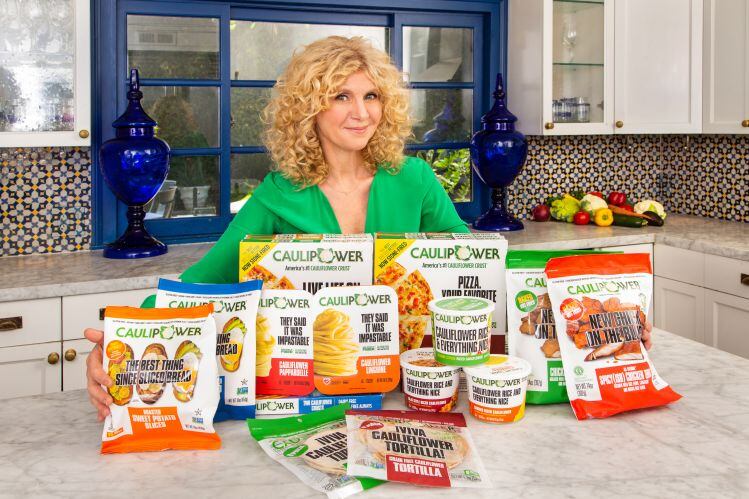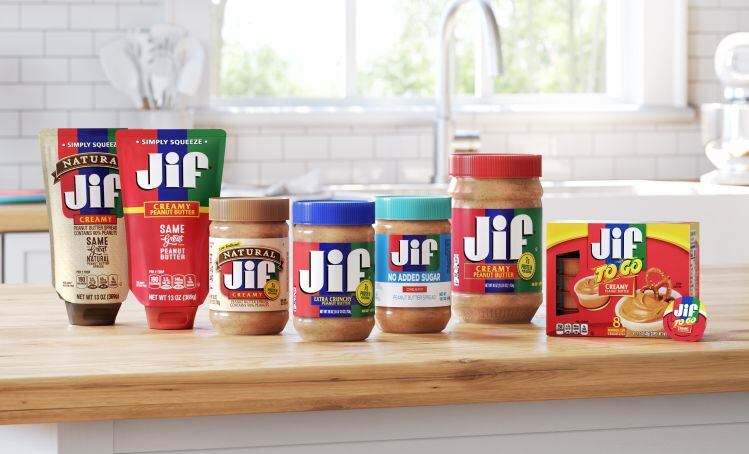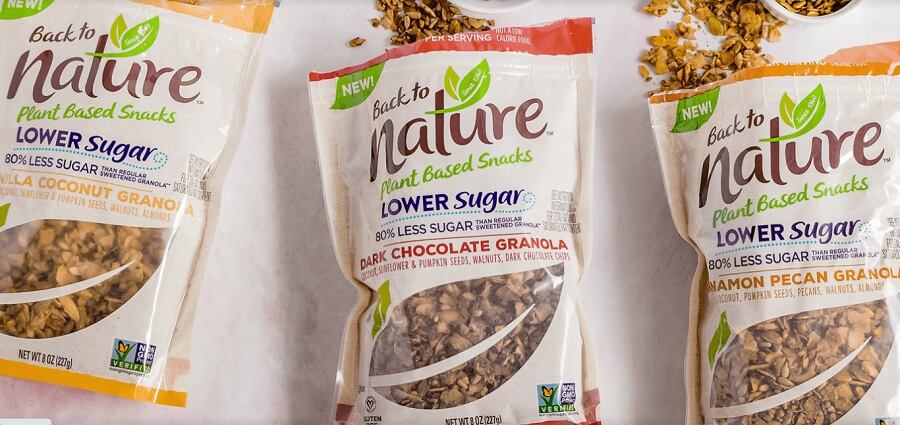“Our most recent US consumer data that was launched in October indicates that the shift to focus on health is a staying trend,” even as economic headwinds, including increased layoffs and near record-high inflation for food, are pushing some consumers to buy fewer products or trade down to less expensive options, said Niki Kennedy, director of insights and content at Glanbia Nutritionals.
Pointing to a survey of more than 375 US consumers conducted in October by Glanbia, Kennedy said more consumers are stocking up on vitamins, minerals, supplements and foods that are either considered innately healthy or which are fortified.
For example, 12% of consumers surveyed said cost of living increases have prompted them to buy more cheese, vitamins and mineral supplements, and 10% reported buying more cereal, according to Glanbia’s research. In addition, 67%, 58% and 56% of consumers reported buying the same amount of each category respectively despite rising inflation.
On the other end of the food spectrum, consumers are cutting back more on purchases of indulgent products than those they deem healthy.
Nearly a third of consumers surveyed by Glanbia reported they are buying less ice cream and sweet snacks because of cost-of-living increases, while 6% and 8% of consumers say they have stopped buying these products, respectively. This is compared to only 14% who have cut back on cheese or 18% who buy less cereal and 3% and 6% who have stopped buying these products respectively.
Gen Z ‘looking for proactive solutions around diet, exercise’ to manage mental health
Under the better-for-you umbrella, Kennedy says some health claims and benefits resonate more with modern consumers than others – with research indicating products that support mental wellbeing and energy are rising to the top across product categories and across consumer demographics.
“Mental health is a large umbrella term, but it really encompasses some very specific health benefits that have been trending for a while, including mood, sleep, memory and concentration,” Kennedy said.
Noting research that suggests for an increasing number of consumers mental well-being is beginning to outrank physical health, Kennedy said she sees the most potential for products that support mental and emotional wellbeing among Gen Z.
For support she pointed to data from Mintel that reveals more than half of Gen Zers in Japan report struggling with depression in the past year, more than half in Brazil want to eat healthier to support their emotional wellbeing, nearly two-thirds in Mexico find their day-to-day lives stressful and nearly three-quarters of British Gen Zers think it is hard not to be anxious about the future.
With these worries weighing them down, Kennedy said Gen Z is “looking for proactive solutions around diet, exercise and other things to help them manage.”
Consumer awareness about energy-boosting ingredients holds back innovation
Bridging mental and physical wellness is a rising demand for energy, which supports alertness, concentration and focus as well as endurance, power and recovery and refueling, Kennedy said.
While the energy market is already well established in some categories, like beverages, Kennedy sees potential for expansion in functional foods and supplements. But, she said, she cautioned lack of consumer knowledge about the different ingredients that deliver this benefit could hold back development and adoption.
“Consumer knowledge and scientific support of energy and mental health support ingredients outside of caffeine is pretty limited. Caffeine is the clear leader and melatonin speaks to the mental health aspect. But beyond that, there’s a lot of opportunity for consumer knowledge growth,” she said.
Low-hanging fruit in the refuel and refocus space is protein, which many consumers already understand and associate with mental and physical wellness, but which could gain incremental growth with development beyond the bar and shake spaces where it is currently concentrated, Kennedy said.
“We see protein snacking as having some serious global potential that’s backed up by some consumer data – specifically from Gen Z consumers. Many are looking for better protein options in new formats and for occasions outside the gym, such as to de-stress and relax,” she explained.
For these consumers, Kennedy notes, a protein bar may not be as appealing as a sweet or salty protein snack that can also check emotional needs by doubling as a treat or reward.




